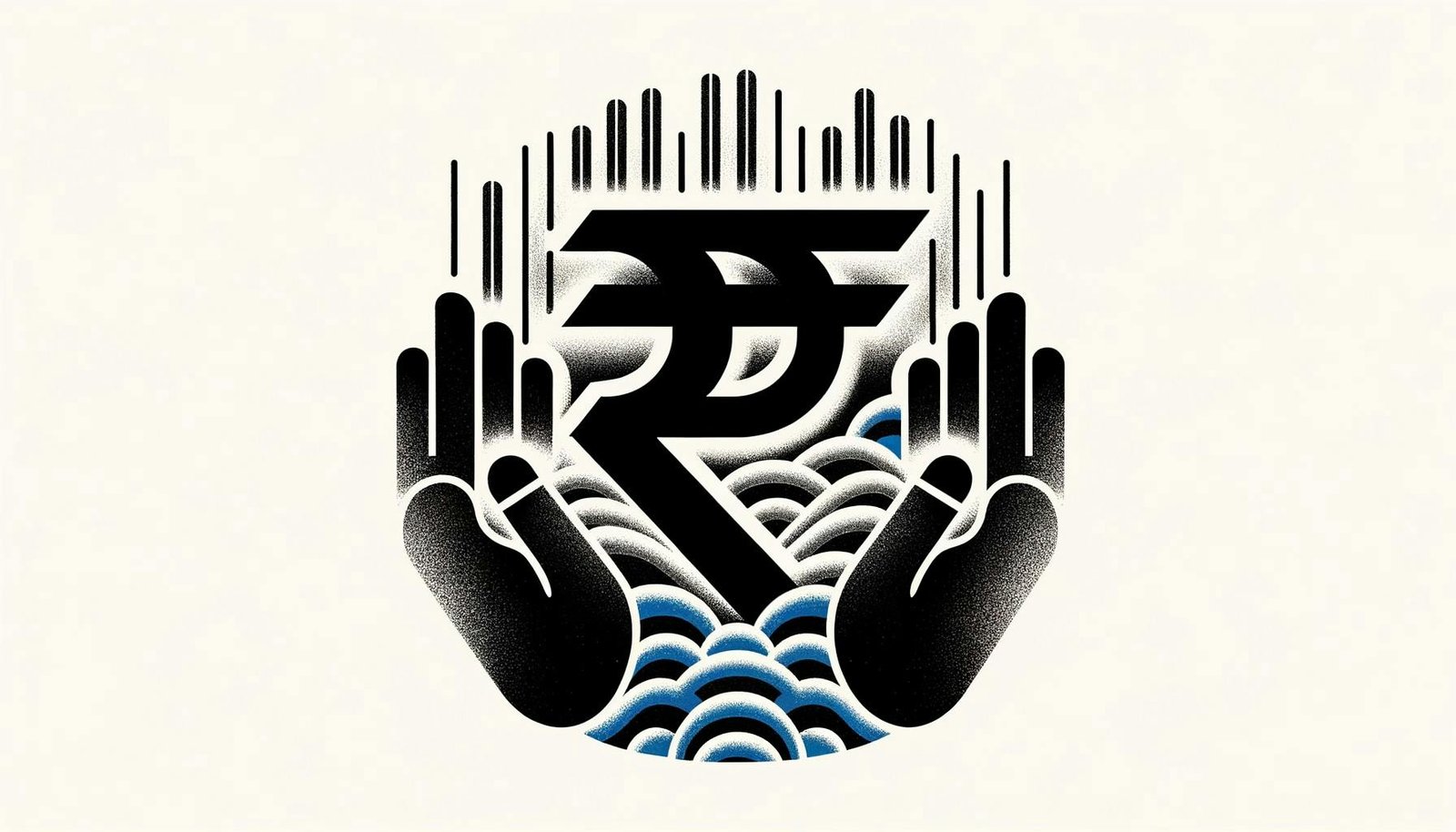What’s going on here?
The Indian rupee is hovering near its record low against the US dollar. This steadiness is largely due to probable intervention by the Reserve Bank of India as it faces rising demand from oil firms and substantial foreign equity outflows.
What does this mean?
The rupee is trading around 83.9825 per US dollar, close to its record low from last month. This near-term stability amidst high dollar demand from oil companies and large foreign investor withdrawals suggests the Reserve Bank of India’s active support. By potentially selling dollars near the 83.98 level, the central bank is perceived to be curbing further decline. Over $7.5 billion has been pulled from Indian equities in the last nine trading days by foreign investors. Rising oil prices due to Middle East tensions are another pressure point. Given India’s heavy reliance on oil imports, spending $139 billion on crude in the 2023-24 fiscal year alone, the RBI’s strong foreign exchange reserves, which hit a record $704.9 billion in late September, act as a buffer against more currency slippage.
Why should I care?
For markets: Watching the rupee ripple effects.
The pressure on India’s currency affects both local and global markets. As the RBI moves to steady the rupee, investors are eyeing potential implications for other Asian currencies. While the dollar index remains stable, currencies like the Philippine peso have gained, showing varied regional impacts and opportunities as financial flows adjust to these dynamics.
The bigger picture: Economic resilience in challenging times.
India’s economic resilience in managing external pressures like rising oil prices and capital outflows is on display. The RBI’s strategic intervention to stabilize the currency illustrates how nations with strong reserves can buffer against global shocks. This highlights the delicate balance central banks strike amid global uncertainties and regional conflicts.





